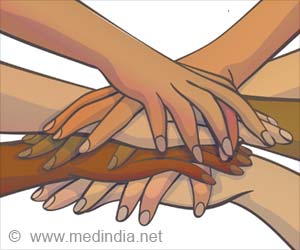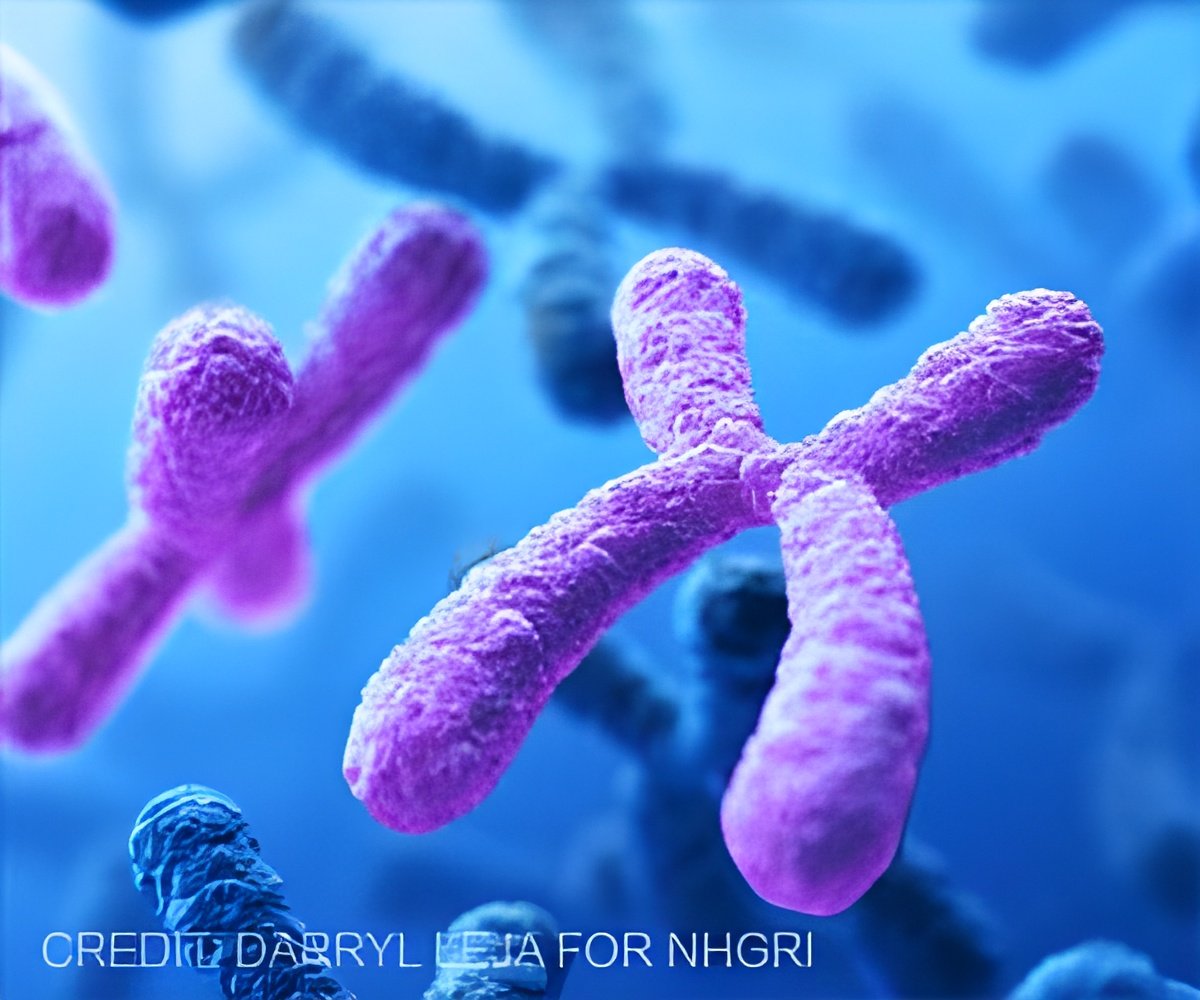Access to healthcare is a universal human right, ensuring dignity and equality. Discrimination-free services promote healthier, empowered societies.
- The right to health ensures equal access to healthcare for all
- Discrimination-free healthcare builds stronger, fairer societies
- WHO supports countries to promote health equity globally
International Human Rights Day is celebrated on the 10th of December every year to honour the rights of humanity. It celebrates the Universal Declaration of Human Rights that came into force in 1948 and protects basic rights of dignity and freedom of every person (1✔ ✔Trusted Source
Human Rights Day 2022
).
For the year 2024, the focus is on human rights and the direction for change as enumerated in the theme “Our Rights, Our Future, Right Now.”. There is a relationship between human rights and health, with a clear understanding that access to health care is indeed a recognition of human rights.
Advertisement
The Right to Health: A Cornerstone of Human Rights
Health is central to human dignity freedom, and justice. Health being a fundamental right, people of all color, race or even gender should have access to efficient and affordable health care. It is bound up with other key human rights like rights to food, right to education, right to housing, right to water, etc. No individual should be denied equal health care because of discrimination.
Empowering Women and Girls
Every human have a fundamental rights to make decisions in regard to all matters that affect the health of their bodies. This entails the sexual and reproductive rights of women and girls without any intervention or coercion from anyone. Violence against women constitutes a breach of human rights since its outcomes are severe emotional and physical harm.
Inclusive Healthcare for All
The right to health requires making sure that everyone is included. It may not be realized that healthcare services can also fringe some of the marginalized groups of people. This includes the LGBTQ+ people.
Ending Health Inequities
Political, legal and cultural requirements for social justice call for the elimination of discrimination in healthcare. Gender and racially informed human rights-based policies should be implemented by governments to end the inequality in healthcare systems. Any discriminated communities should be given quality care, respecting their cultural diversity.
Advertisement
United Nations Efforts to Protect the Right to Health
The WHO works actively with countries and other organisations to advance the health rights of individuals. This involves:
- Exploring disparities in healthcare delivery: diversity issues.
- Policies focusing on the fundamentals of the various disparities in health.
There is a need to set ways of checking progress and how accountability is enhanced. The WHO places intersectionality in consideration because the problem is inclined towards tackling inequality, for instance, gender, race, and economic categorization. Such a strategy guarantees that deficits in healthcare systems will be addressed and that the systems will become more fair and reasonable.
Advertisement
Human Rights Day Advocacy
Human Rights Day also marks the fact that health is a fundamental human right. By championing policies to guarantee access to health care and encouraging the rights of women and equal treatment of everyone, we can create a world of health and rights.
As we mark this Human Rights Day, it is important that we take action to protect the right to health towards a better tomorrow for all! Happy Human Rights Day!
Reference:
- Human Rights Day 2022 – (https://www.bmj.com/content/387/bmj-2023-078386)
Source-Medindia



